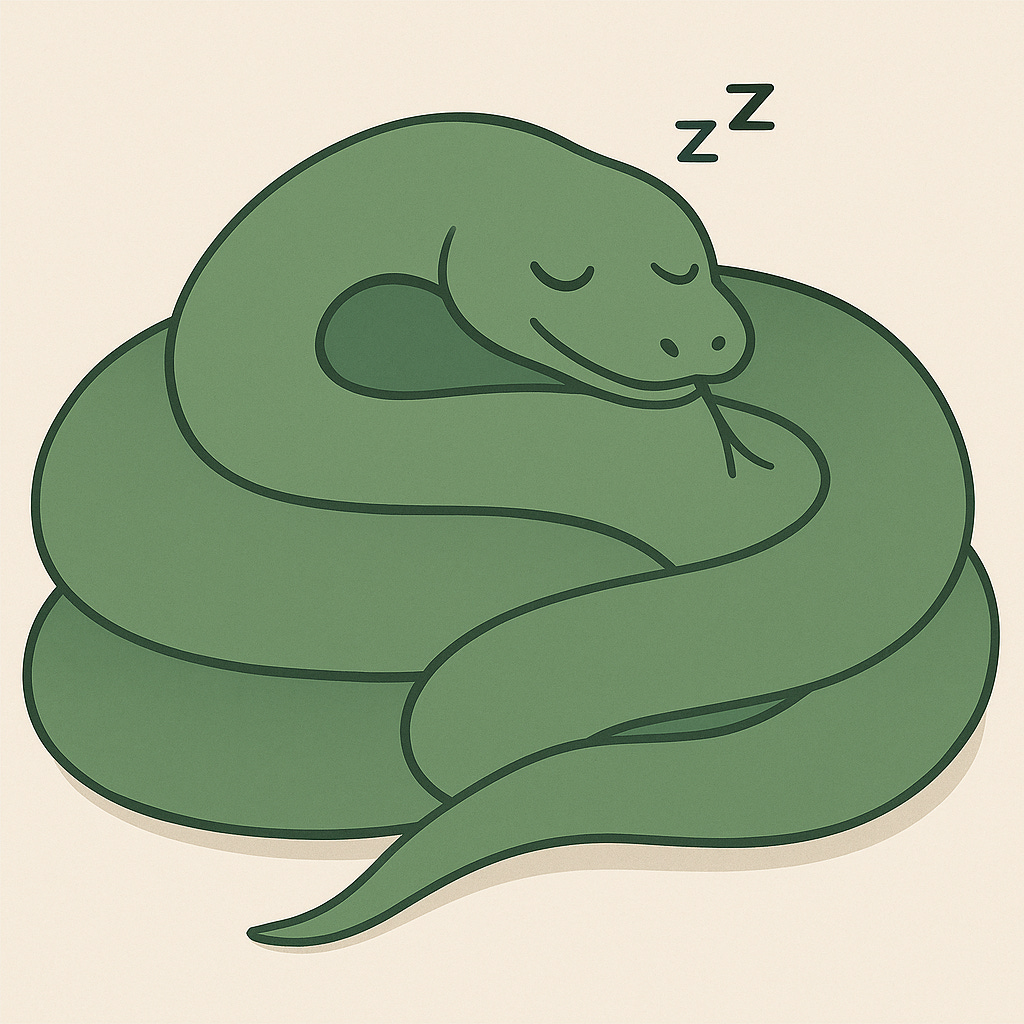How beliefs shape emotions
I’m often being asked to share some tools and techniques on working with uncomfortable emotions. However, I believe that our struggle with anxiety is rarely due to a lack of coping tools. More often, it stems from a misunderstanding of the emotion itself.
We tend to think that feeling anxious means something is wrong with us, that our minds are broken or incapable. But that couldn’t be further from the truth. When we pathologize our feelings, we start a battle with ourselves – and that’s a fight we can’t win. Emotions aren’t errors to be fixed. They’re part of being human – oftentimes messy and vivid.
So what’s really going on when we’re caught in an anxiety loop?
In my experience, anxiety itself isn’t the problem at all. It doesn’t appear out of nowhere – it usually stems from some sort of belief or thought. Without understanding the underlying belief, any technique we use is just a temporary patch. It might offer relief, but the feeling is likely to return.
That’s not to say coping strategies are useless. It’s helpful to have tools on hand for navigating strong emotions. But for lasting change, we have to go deeper, into the roots.
How our beliefs fuel emotions
Here’s a simple example:
I find snakes to be unpleasant and potentially dangerous. I wouldn’t voluntarily get near one. If I see a snake nearby, I’ll most likely feel fear – and that fear makes perfect sense. It’s based on my belief that snakes are unsafe.
Now imagine someone who sees snakes as cute pets and misunderstood creatures. They might feel curiosity or even joy in the same situation. The snake hasn’t changed. What’s different is the belief.
Our emotions are shaped by what we believe to be true. Those beliefs act as input into our brain’s survival system. The output – our emotional reaction – follows logically. Fear in my case. Fascination in theirs.
The emotion isn’t a flaw or failure. It’s a reflection of what the brain thinks is true.
Let’s take this into the realm of insomnia.
I define insomnia as the fear of not sleeping. When nighttime wakefulness is labeled as a threat, the brain reacts exactly as it should – with anxiety. The brain isn’t broken. It’s just following the program it’s been given.
So when we’re anxious about sleep, ruminating and worrying, the anxiety is a signal: the brain believes that not sleeping is dangerous. Even if we apply all the right techniques, the anxiety will likely return – unless we shift that core belief.
That’s why when someone asks me for tools to “overcome” anxiety, I start with helping them understand it. When we truly grasp the nature of our emotions, the right approach often emerge on its own. And this time, we use it without feeding the fight.
Changing a belief isn’t easy. It doesn’t happen quickly, like changing clothes. But it’s possible to modify them.
Have you ever changed your mind about something that once felt absolutely true? What allowed that belief to shift? Often, it’s a new piece of information, a fresh perspective, or a new kind of experience that opens the door to change.
Hope this letter was valuable to you ❤️
See you next time!
Alina


